can you get pregnant if you have cervical cancer
 If You Have Cervical Cancer | Cervical Cancer Short Guide
If You Have Cervical Cancer | Cervical Cancer Short GuideTop navigation Profile menuAccountExplore Parents Explore PUEBLO PREGUNTA PREGNANCY BABY NAMES BABY TODDLERBIG KID FONDO HEALTH PARENT FOODHOLIDAY OUR MAGAZINESMORE Profile menu Follow Us HPV and Pregnancy: What you need to know HPV is a sexually transmitted disease that can cause cervical cancer if not treated. But can it also affect your fertility or pregnancy? Read this and find out. Short for the human papilloma virus, HPV is an infection that can be. There are more than 100 different HPV varieties; of them, about 40 are spread during sex and of them, about 15 can cause changes in the cells of the cervix (the lower part of the uterus) that can lead to cervical cancer. HPV is so common that up to 75% of women will contract it by age of 50, says Bradley J. Monk, MD, associate professor at the Gynaecological oncology division at the University of California Irvine Medical School. According to research from the University of Washington, HPV is so widespread that even a sexual partner significantly increases your risk of contracting it. Almost 30% of women tested positive for HPV in a year of having sex with their first partner, showed the study. Do I have HPV? Most people never know they have HPV, says Dr. Monk, because it is usually without symptoms (a couple of strains can cause genital warts) and our bodies can easily fight infection over time. HPV can live in the body without being detected for years without causing any side effects. But if the virus does not go away on its own (which is most likely when it gets older or if it has one), HPV can cause changes in the cells of the cervix, which may appear as abnormal results during a Pap test. At this time, experts do not recommend being tested only for HPV because the virus is so common – and generally harmless – and because simply knowing that you have it is not all that helps. Most women only learn that they have HPV after receiving (a sign that their body has not fought the virus). It is becoming more common to do simultaneous Pap and HPV tests now, says Dr. Monk – so if your Pap appears abnormal, the sample can be analyzed for HPV without requiring an additional sample (and back to the doctor) from you. However, not all laboratories do this automatically, so you should consult with your doctor's office to be sure that yours does. HPV and abnormal patches Pap's abnormal results can mean several things, so don't panic. First, I know that between five and 10 percent of women who receive annual periods will have abnormal results at some point. Sometimes this is only due to a difficult sample of reading or due to another condition (like a recent one) that makes the results unclear. Even having sex, douching or being tested during or shortly after your period may sometimes get rid of the results. In these cases, your doctor will likely only repeat the exam. If you have an abnormal Pap and positive test for HPV, your doctor is likely to perform a colposcopy to learn more about the severity of the . This procedure involves the use of a tool similar to the telescope to examine the cervix and remove a small sample of cells to be biopsied in the laboratory. From there, your doctor will have a better understanding of what type of treatment, if there is, you will need. Fortunately, having an abnormal pain does not necessarily mean you have cervical cancer. "There is a great spectrum here, from the mere commitment to HPV to cervical cancer, which is very, very rare, comparatively speaking," says Dr. Monk. Here's a perspective: Treatment of cervical abnormalities or precancer cells Treatment depends on some things, including your age and the severity of changes. With mild cases, most doctors adopt a waiting approach and see more frequent broochs and colposcopies to make sure your body is healing and not getting worse. Women with more serious cases have the following options: Does HPV fertility affect? HPV virus alone should not have a huge impact on fertility. Although a study found that those who were positive for HPV were less likely to become pregnant than those who tested negative, it is not exactly clear why. Researchers speculate that an embryo may have a more difficult time to implant in a woman whose immune system cannot clean the virus, but they note that the vast majority of people with HPV fight it shortly after contracting it. However, being treated for precancer cells may slightly increase your risk of conceiving problems. Procedures such as cryotherapy, LEEP and cone biopsy can narrow the cervix and change the consistency of your , both can slow the sperm and make it difficult for them to reach and fertilize your egg. Even so, your overall risk is very low, says Dr. Monk. Although no study has specifically investigated this area, it is of the view that these procedures could affect your ability to become pregnant by less than 5%. You are likely to be advised to avoid sex for a month or so after having any of these procedures, which might postpone conception. HPV and pregnancy Simply having the HPV virus in your system should not affect your pregnancy in most cases – and your baby will not get it. If you have genital warts caused by HPV, your doctor can monitor you more closely, although women with this condition usually have healthy pregnancies and even can. However, treatments such as LEEP or cone biopsy for precancer cells can increase your birth or premature, says Dr. Monk. These procedures increase the risk of cervical incompetence, where their cervix dilatos are too early. But your doctor can control your cervix through ultrasounds. He or she can recommend going on bed rest or a cerclage, a point that makes the cervix stronger, to prevent this from happening. Should I get the HPV vaccine? (Gardasil 9) is currently recommended for girls and women aged 9 to 26 and men aged 21 years, although the Federal Administration of Medicines (FDA) recently approved for men and women from 27 to 45. It has proven to be extremely effective in reducing HPV infection and, consequently, abnormal Pap results. HPV vaccine can also reduce the transmission of genital warts and other cancers caused by HPV, including those of the penis, head and neck. published in The Lancet reports that the benefits of HPV vaccine are widespread. In fact, it shows that the abnormal results of the menstruation of Papanicolaou decreased by 50% in girls 15 to 19 years approximately five to nine years after receiving the vaccine. The study also showed that the benefits of the vaccine extend to those who have not been vaccinated, as fewer people are carriers of HPV. Some experts expect the vaccine to eliminate cervical cancer as a whole. CONEX: The HPV vaccine protects against four of the most severe HPV strains: the two that cause cervical cancer and the two that cause genital warts. "But even if you've had abnormal paps or tested positive for HPV, it's still a good idea to get vaccinated, because there's no way to know what strains you actually have," says Dr. Monk. Getting the HPV vaccine does not completely eliminate the risk of contracting cervical cancer, however. The vaccine protects against two strains that cause about 70% of cervical cancers, so even if you are vaccinated, you can still get other types – and you still need regular Pap tests. American Baby Comments (16) Participation options Comment on this project Log in Magazines & More informationConnectOther Meredith Sites View image
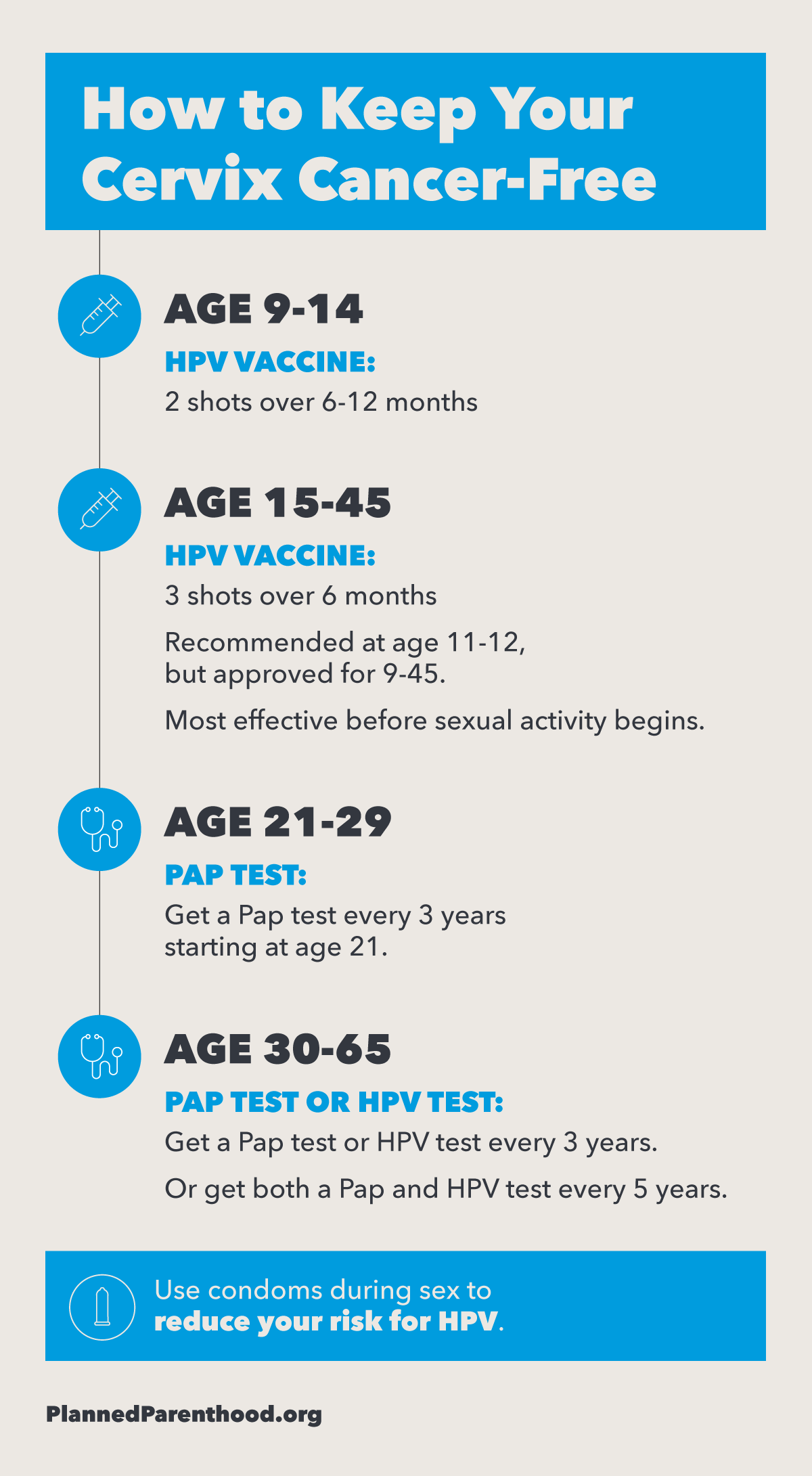
What is Cervical Cancer? | Identifying the Causes
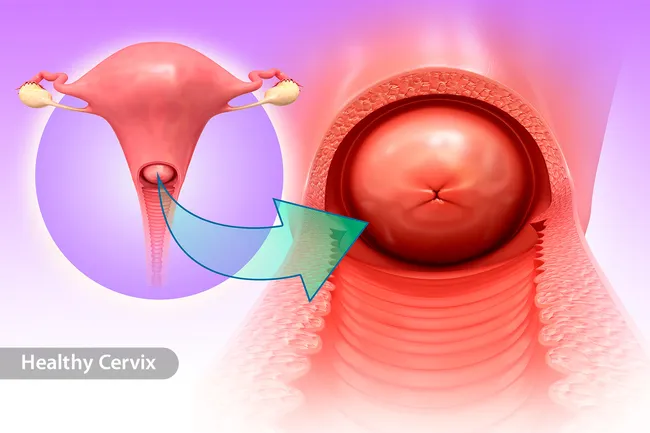
A Guide to Cervical Cancer, Symptoms, Causes, Prevention, and Treatments

Cervical Cancer: Causes, Symptoms, Prevention, and Treatment
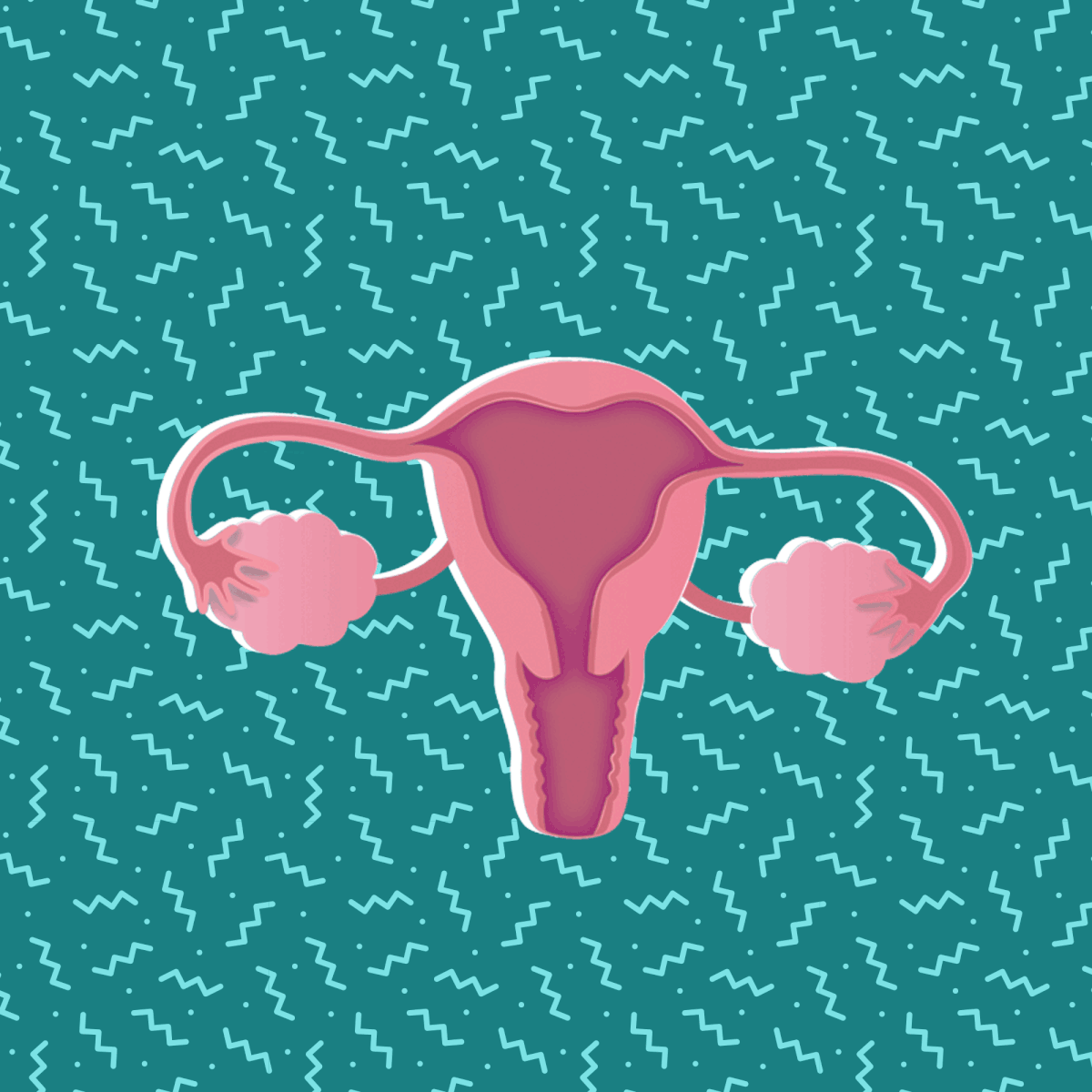
I Had My Cervix Removed at 29 and Can Still Get Pregnant | Health.com

Cervical Cancer: Causes, Symptoms, Prevention, and Treatment
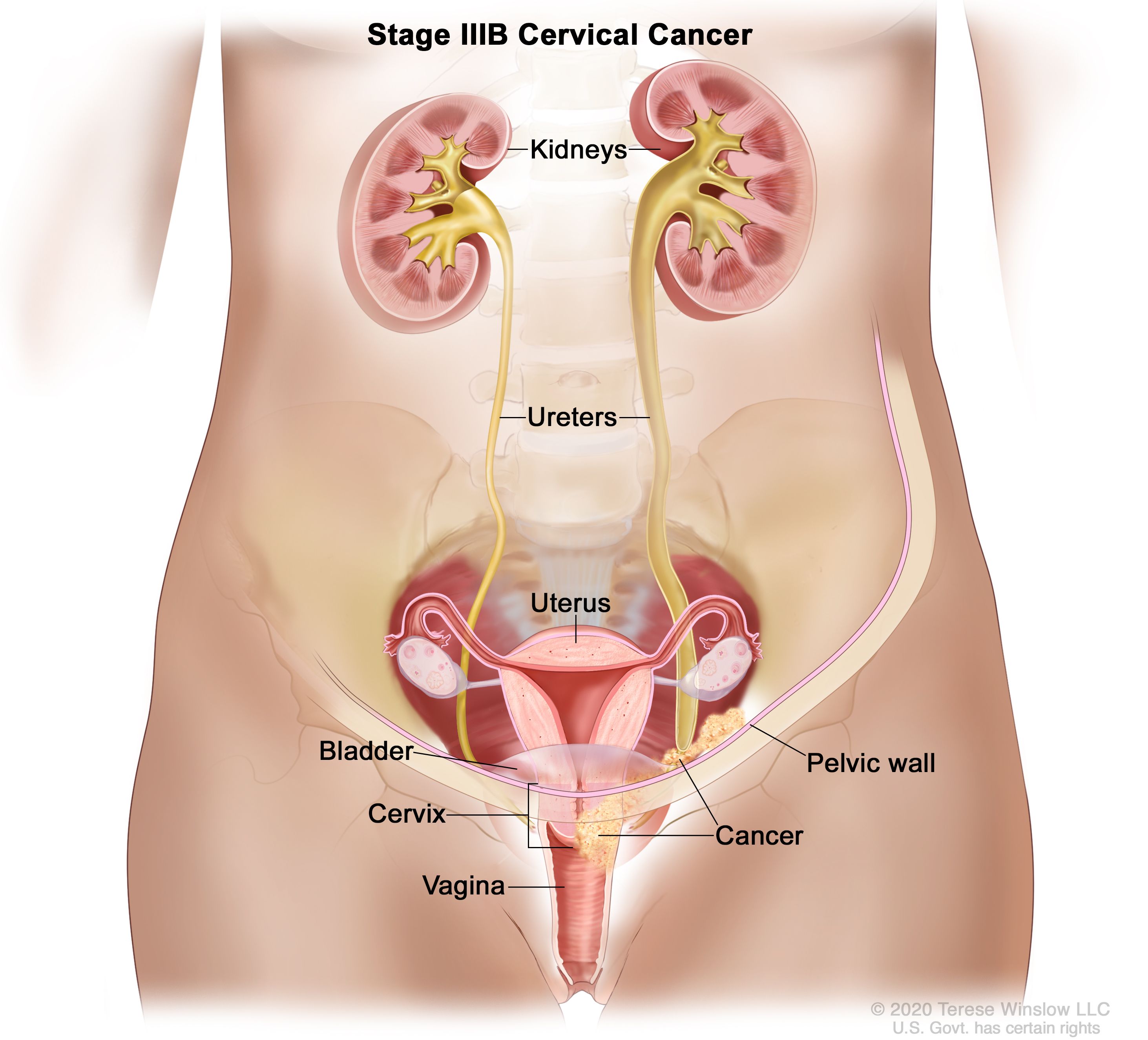
Cervical Cancer: Pictures of Cervical Cancer Stages, Symptoms & Diagnosis - Cleveland H | University Hospitals
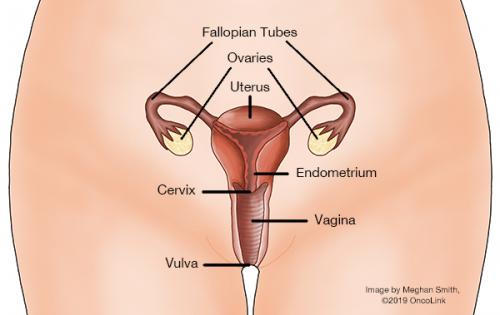
All About Cervical Cancer | OncoLink
/cervical-cancer-symptoms-5b2bc4c23418c60036b1c41e.png)
Cervical Cancer Signs, Symptoms, and Complications
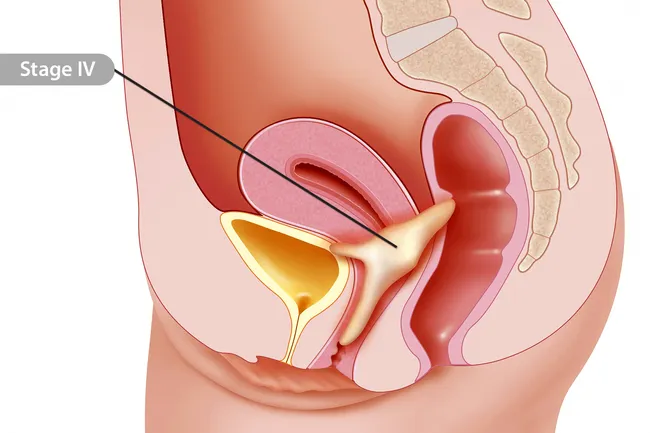
A Guide to Cervical Cancer, Symptoms, Causes, Prevention, and Treatments
:max_bytes(150000):strip_icc()/loop-electrosurgical-excision-leep-procedure-3521075-01-4d9ed79d3ea14d78a3a6baa5be48248a.png)
The Facts About Pregnancy After a LEEP Procedure
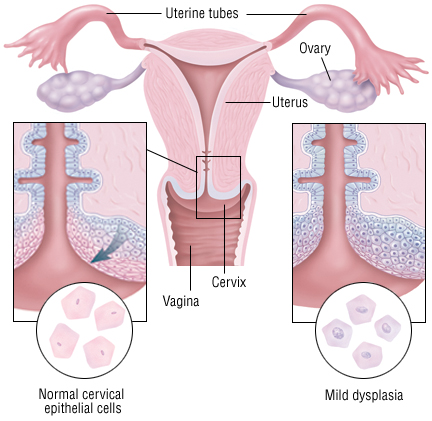
Cervical Cancer - Harvard Health
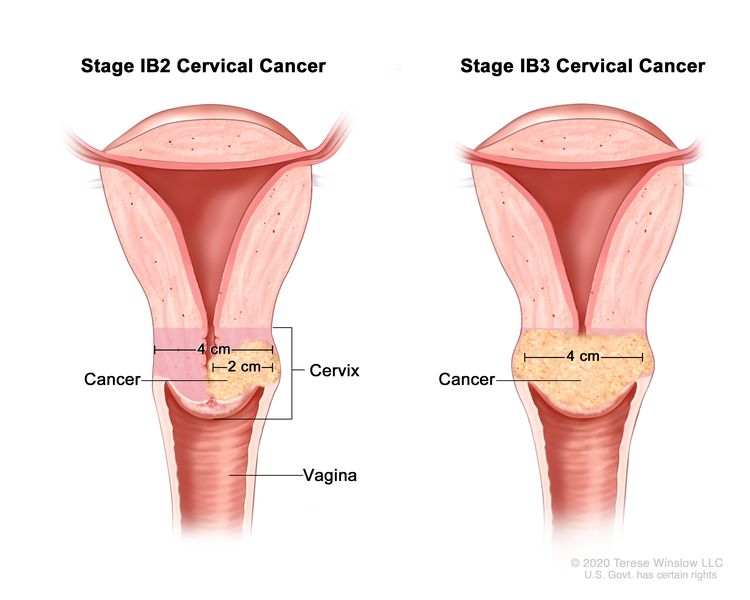
Cervical Cancer Treatment: Robert H. Lurie Comprehensive Cancer Center of Northwestern University : Feinberg School of Medicine: Northwestern University
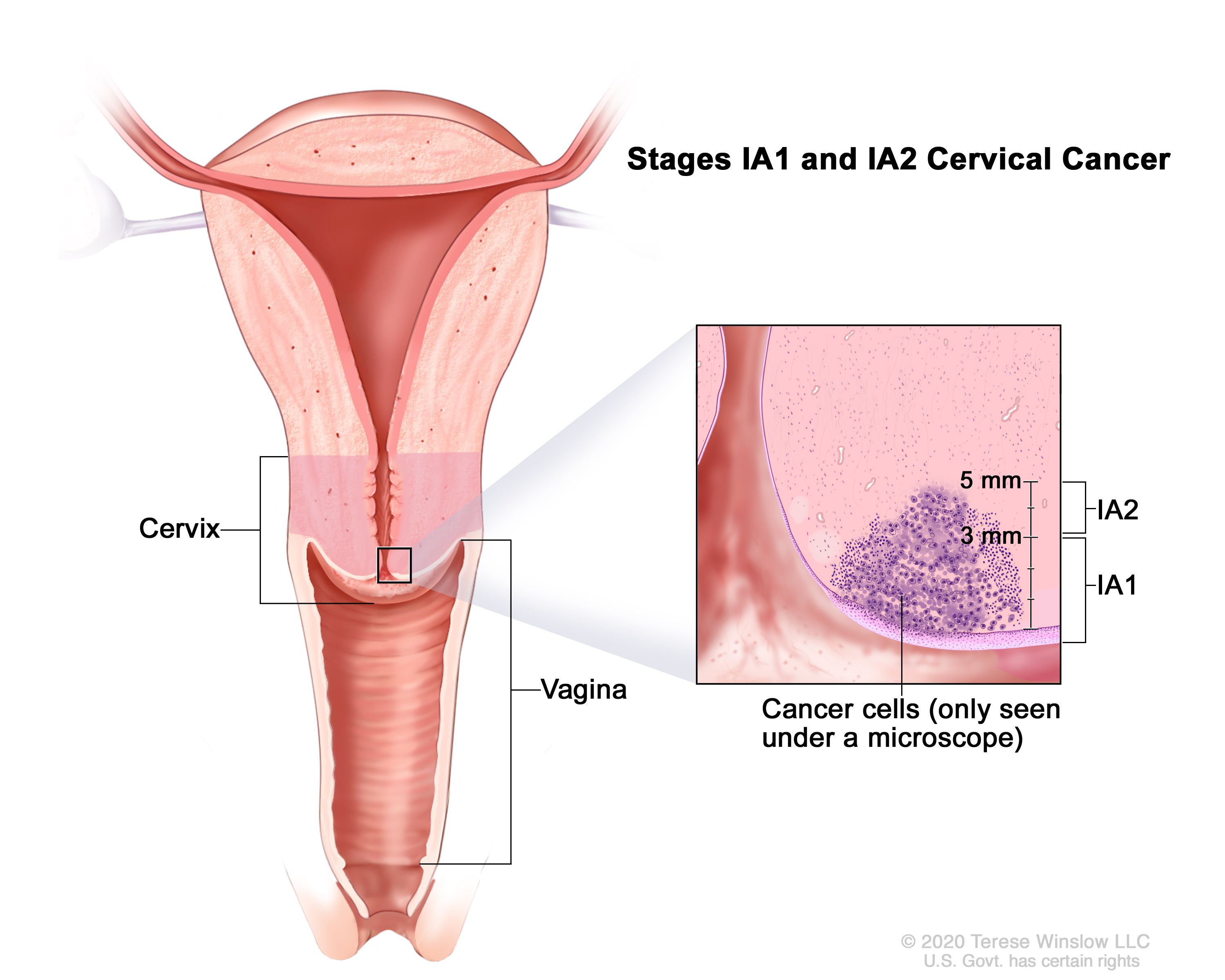
Cervical Cancer Treatment (PDQ®)–Patient Version - National Cancer Institute

What is gynaecological cancer and what are the symptoms? | Queensland Health
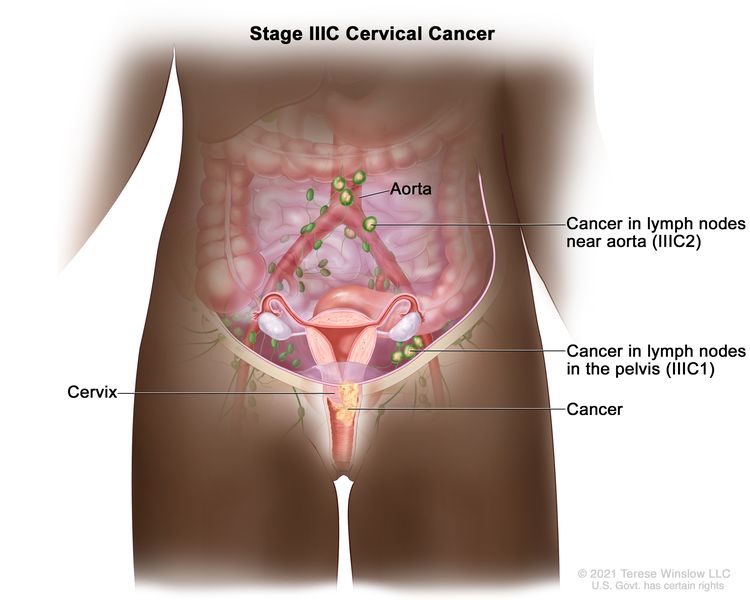
Cervical Cancer Treatment: Robert H. Lurie Comprehensive Cancer Center of Northwestern University : Feinberg School of Medicine: Northwestern University
Cervical screening (smear testing) | Health Information | Bupa UK
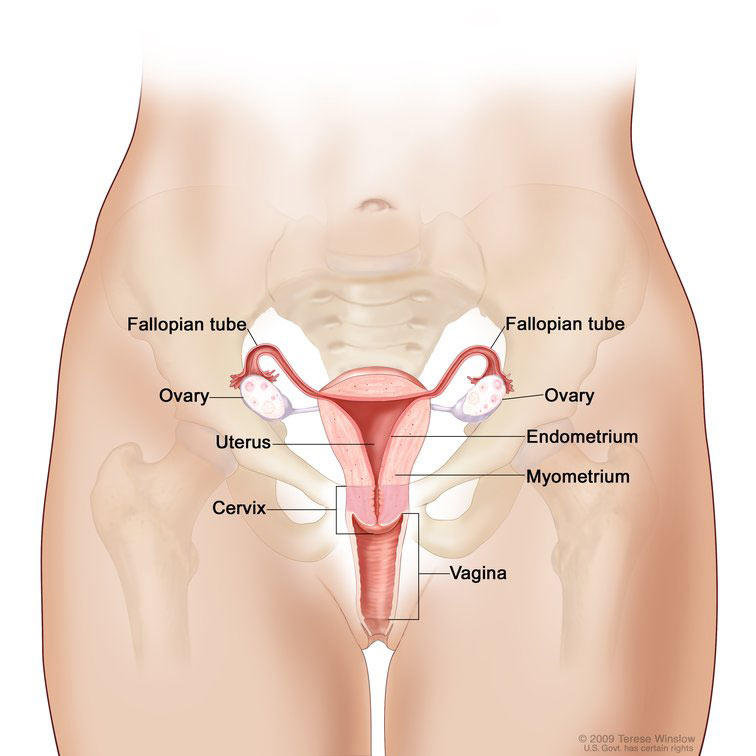
Understanding HPV and Pap Test Results - National Cancer Institute
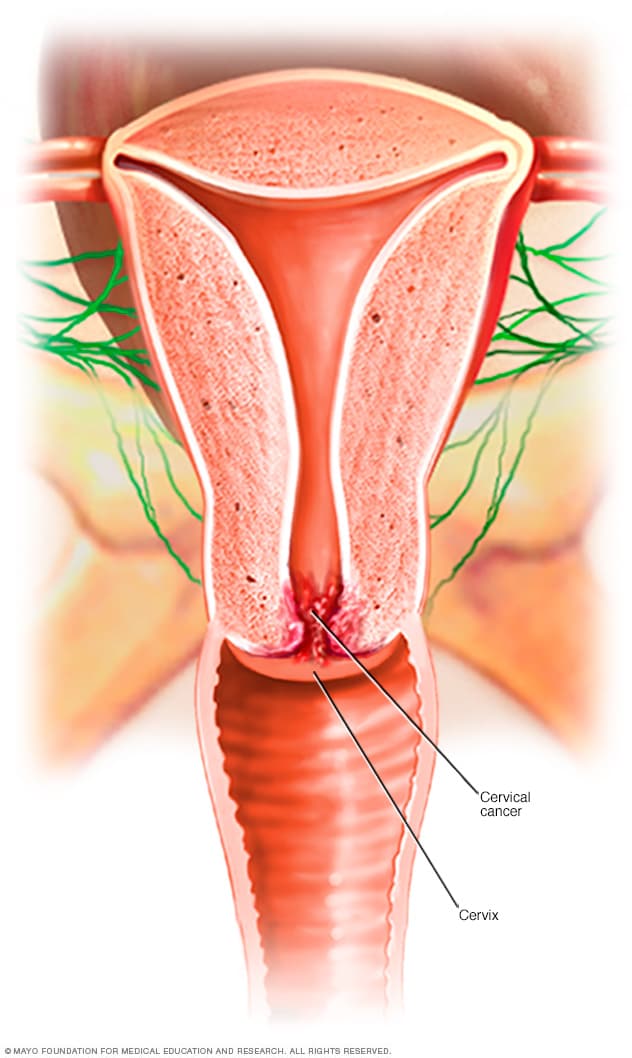
Cervical cancer - Symptoms and causes - Mayo Clinic
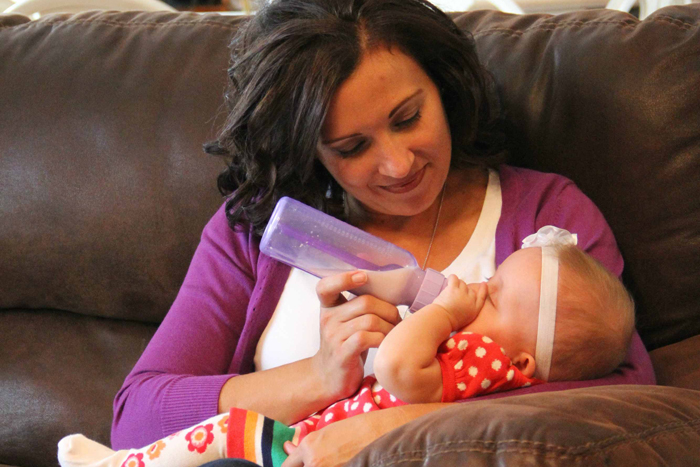
Pregnancy Possible for Some Cervical Cancer Survivors (Op-Ed) | Live Science
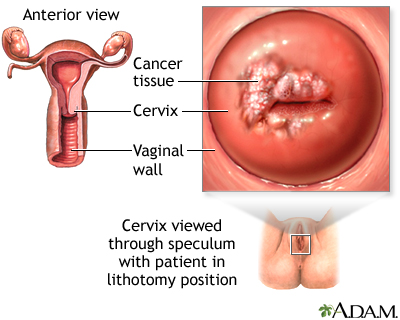
Cervical cancer: MedlinePlus Medical Encyclopedia

Can You Die from Cervical Cancer? 15 Q's About Signs, Diagnosis, More

Cervical Cancer: Causes, Symptoms, Prevention, and Treatment

HPV, Fertility & Cervical Cancer | Parents

Exam
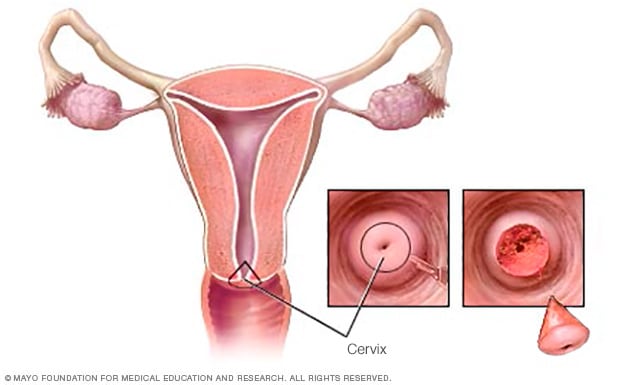
Cervical cancer - Diagnosis and treatment - Mayo Clinic

Cervical cancer: Facts, myths, and how you can prevent it | The Star

Fertility and Pregnancy After a LEEP | Johns Hopkins Medicine
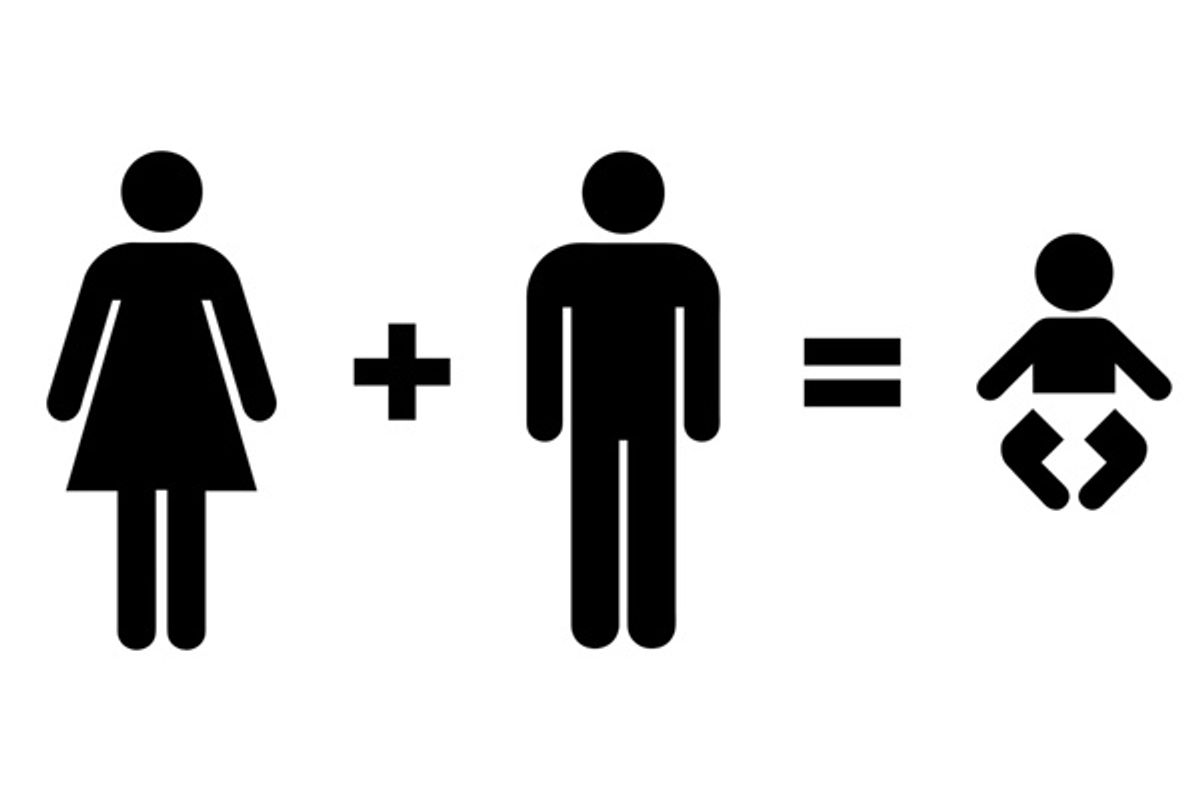
4 Sex Tips to Help You Get Pregnant - HealthyWomen
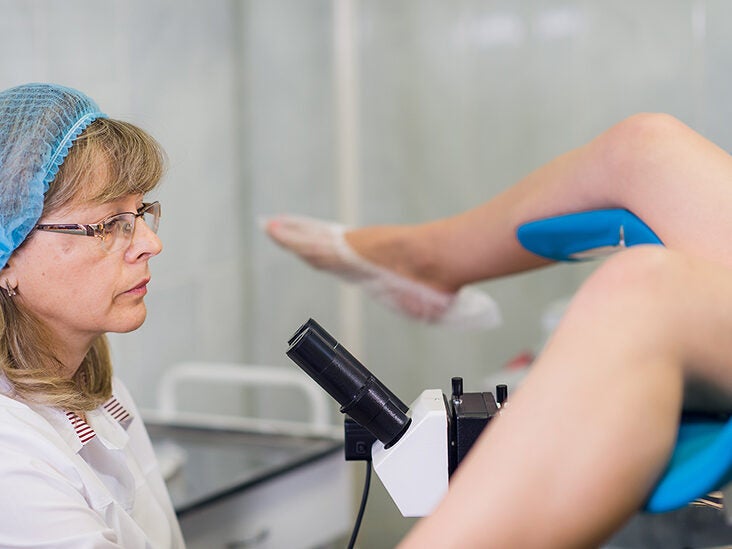
Cervical Cancer: Causes, Symptoms, Prevention, and Treatment

Cervical cancer survivor becomes a mother, thanks to fertility-sparing treatment | MD Anderson Cancer Center

Cervical screening during pregnancy | Pregnancy Birth and Baby

Signs of Cervical Cancer - Causes and Treatment | familydoctor.org

I Had My Cervix Removed at 29 and Can Still Get Pregnant | Health.com

Don't Ignore These Cervical Cancer Warning Signs
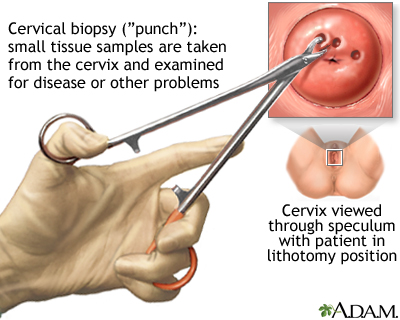
Cervical cancer: MedlinePlus Medical Encyclopedia
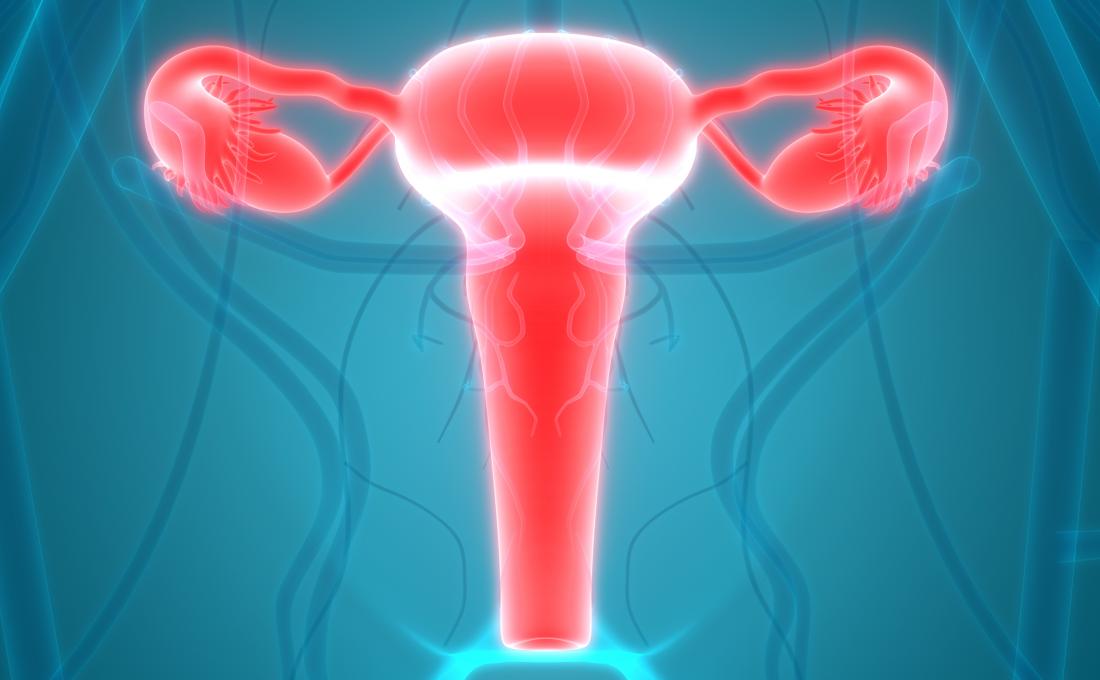
Cervicitis: Symptoms, causes, treatments, and natural remedies
/sex-after-leep-581945_color1-5c1afeef46e0fb000151efb9.png)
How Soon Can a Woman Have Sex After a LEEP Procedure?

Cervical Cancer During Pregnancy

New cervical cancer guidelines start making Pap smears obsolete
.jpg)
Good Reasons to Stop Delaying Your Pap Smear
Posting Komentar untuk "can you get pregnant if you have cervical cancer"